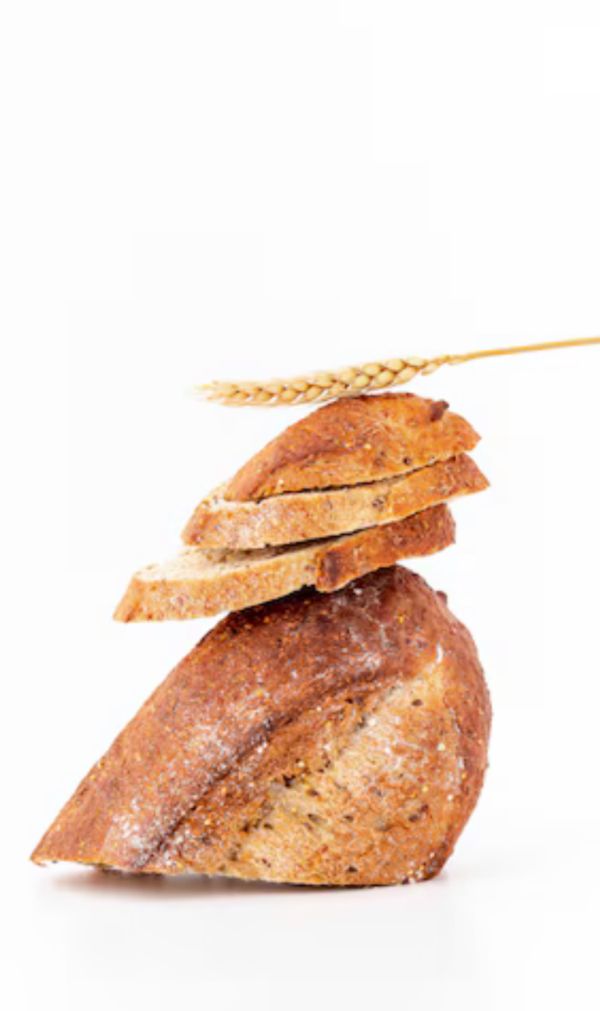And the much yeast, which impoverishes
(Mk 8:14-21)
Jesus says one thing, the apostles understand another. The «leaven of the Pharisees and that of Herod» is a theme that alludes to the ideology of domination.
The disciples were close to Christ, because he was the character of the moment.
But enraptured by cheap illusions, they no longer listened to the Master, who was pursuing them.
Even today some followers do not feel like getting involved in things they do not want to know and would put them in shortage (v.14) - with the only possibility of fraternal sharing.
They seem unwilling to hear anything but proclamations of power, opulence, fame and imperial victory.
Their heads and their desires remain distant, engaged only in the validations of "swelling" and profit - despite appearances to the contrary.
They come to kidnap the Son of God for themselves, because they seem to have become exactly like the adversaries of the new Faith: hardened hearts (v.17) - eyes that do not look, ears that do not listen (v.18).
By moving away from him to turn willingly to the usual idolatries and pagan hopes.
Of course, there were confused ideas about the Messiah around - but all related to the [unfaithful] conception of ‘grandeur’.
But the authentic Messiah doesn’t want to reach an eminent position through contacts and deceptions, but rather to help needy and frightened humanity.
Many were waiting for a King, others for a high priest who was finally holy.
Some expected a guerrilla, or a healer; others a judge or a prophet. No one a Servant.
Everyone reduced him to normal flattery, according to their interests - and class of belonging.
In fact, the very intimates of the Master showed themselves willing to go after any breeze of doctrine, as long as this could allow them to retain the treasures of the Kingdom.
Any title for the Messiah - religious, political, nationalist - could be tolerated, digested and made tameable... except the one that forced them to become servants of others.
The only uncomfortable presence.
Yet the prolonged absence of a prophetic spirit becomes the cause of many torments.
The inclination to coexistence and communion is missionary ‘truth’. Instrument for the redemption of all, starting with those who reach out to needy sisters and brothers.
By its nature and mandate, the small boat of the Church remains sent to all nations. ‘Salt of the earth’, ‘Light of the world’.
No believer must imagine himself exonerated.
Baptism has incorporated us, so that we are launched to cooperate - according to capacity and contexts.
A breath that cannot be interrupted or limited. Death would result.
In short, the Lord doesn’t ask us for marginal and nuanced behavior, but rather receptive and global ones.
Attitudes that affect the sense of history and its assets...
Because sharing the little «bread» doesn’t impoverish; rather, it enriches.
To internalize and live the message:
«They had ‘only one bread’ with them in the boat»: do you complain about it or do you evaluate its meaning?
[Tuesday 6th wk. in O.T. February 18, 2025]












